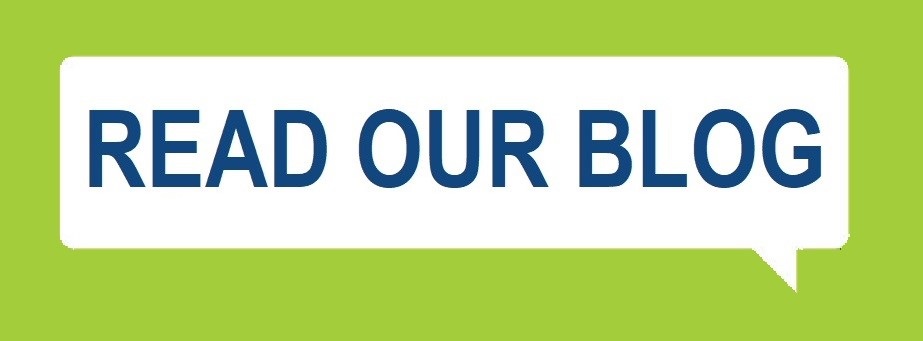
High Inflation and Mortgage Rates
September 10, 2021 | Posted by: Keith Leighton

What Does High Inflation Mean For Mortgage Rates?
Canada’s inflation rate was above expectations in August, rising to its highest level in more than a decade. If above-target inflation persists, it could have ramifications for homeowners in the form of shifting rate-hike expectations.
Statistics Canada inflation rate came in at 3.7% for July. That’s the third consecutive monthly inflation reading that has come in above the BoC’s neutral range of 1.75% to 2.75%, which is the range needed to support the economy at full employment/maximum output while keeping inflation under control.
The BoC concludes that elevated consumer prices will be temporary resulting from an economy recovering from the pandemic-induced slump. However, the central bank can only allow high inflation to persist for so long before a policy response is required. Average mortgage rates remain slightly above their all-time lows reached in December but may be short lived.
The BoC’s repeated forecast is that rates won’t increase until the second half of next year. Despite the latest high inflation figures, the bond market expects three 25-bps hikes over the next two years, down from four. The BoC is expected to deliver five quarter-point rate hikes in total over the next 3 years, bringing the overnight rate to 1.50%.
This would cause prime rate to increase, leading to higher monthly payments for many borrowers with variable-rate mortgages. For those with fixed-payment variable mortgages, the amount of their payment going towards paying down the principal will decline, and the amount going towards interest will increase.
If prime rate was to rise 125 basis points over the next three years, the average mortgage payment could increase by approximately $180 a month, or $2,172 a year, based on today’s average mortgage amount and the lowest variable rates available nationally.
Borrowers with fixed-rate mortgages would not be immediately impacted by rising rates until their mortgage comes up for renewal at the end of their term, or unless they choose to refinance.
There is no need to be overly concerned of a payment shock for renewals, the increase in mortgage rates will certainly impact purchasing power for many according to economists from National BoC.
Please contact your DLC Ideal Mortgage professional today if you have any questions.
